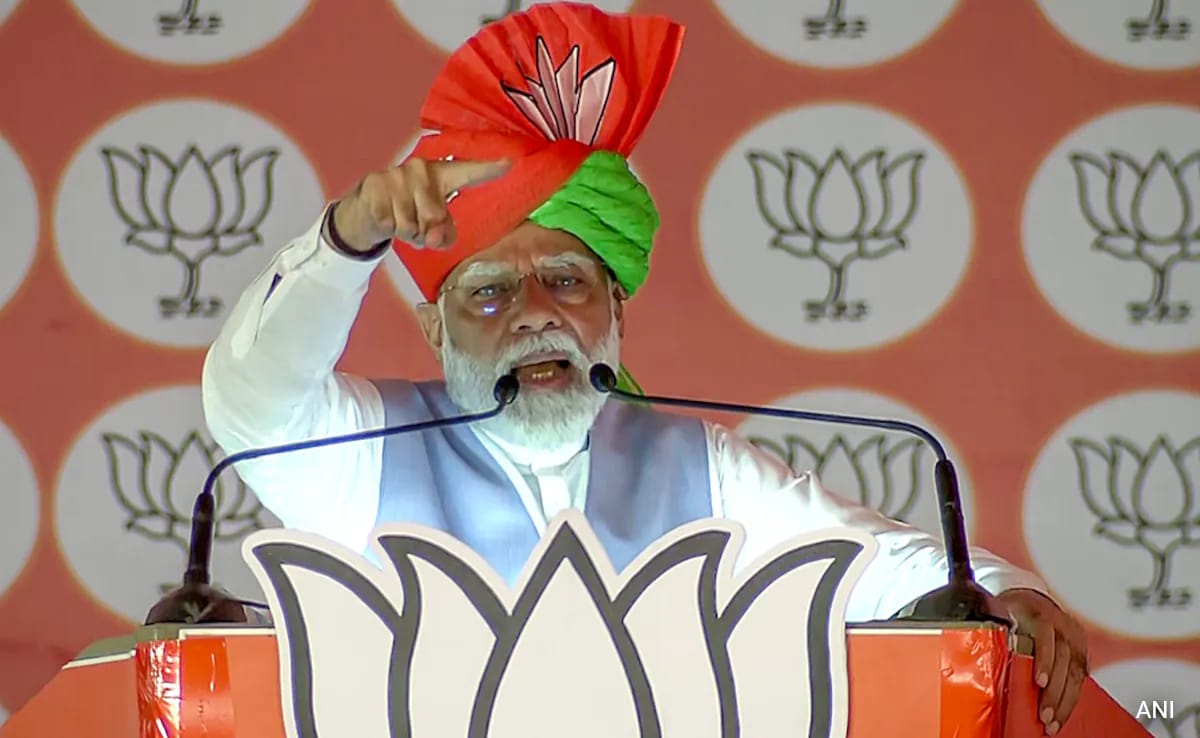The U.S. Treasury Department on Wednesday imposed sanctions on two individuals and their Russian companies, accusing them of supporting a Kremlin-directed disinformation campaign involving impersonations of legitimate news sites.
The sanctions target Moscow-based Social Design Agency and its founder Ilya Andreevich Gambashidze, as well as Russia-based Company Group Structura and its owner Nikolai Aleksandrovich Tupikin, according to a statement from the U.S. Treasury Department.
The statement said they managed a network of more than 60 websites on behalf of the Russian government that imitated media organizations and used fake social media accounts to amplify their content.
“These fake websites appear to have been created to carefully mimic the appearance of legitimate news websites,” the Treasury Department said.
“The fake website contains embedded images and working links to legitimate websites.”
The sanctions come amid rising tensions between Washington and Moscow over Russia’s sweeping invasion of Ukraine, now in its third year.
The United States has repeatedly accused Moscow of orchestrating what it calls a global “malign influence campaign” aimed at sowing instability in democracies.
Last October, U.S. intelligence reported that Russia was using its spy network, state-run media and social media to undermine public trust in elections around the world.
The United States shared the report with about 100 countries.
“We are committed to uncovering a widespread Russian government-led deception campaign designed to mislead voters and undermine trust in democratic institutions in the United States and around the world,” said Brian E. Nelson, Treasury Undersecretary for Terrorism. Nelson said. Wednesday’s statement cited financial intelligence.
Hundreds of artificial intelligence-powered websites that mimic news media have emerged in recent months, fueling a surge in false narratives on topics ranging from war to politicians, U.S. disinformation researchers say.
Researchers at Clemson University and the watchdog group NewsGuard said they included several Russia-linked websites that imitated news outlets and pushed Kremlin propaganda ahead of the November U.S. presidential election.
Follow us on Google news ,Twitter , and Join Whatsapp Group of thelocalreport.in

















